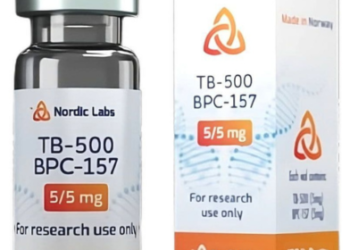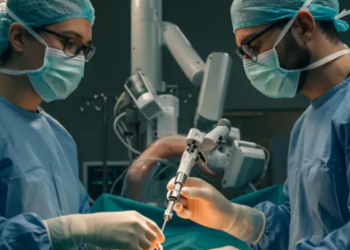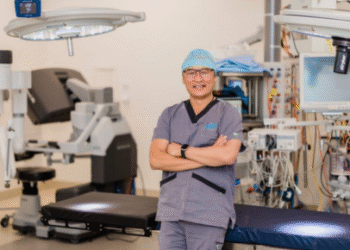Clinical trials are meant to test and confirm the safety and effectiveness of groundbreaking medicines. Many people know about clinical trials, participation methods and their phases. It’s important to know about the preclinical trials which shape the trial.
The preclinical phase is quite different from the actual trial, and the researchers have to take care of many things. If you are willing to know more about preclinical trial preparation, then you are at the right place. In this post, we are going to share everything about these preclinical trials things.
Preclinical Trial Preparations
Observational studies are non-interventional trials in which the researchers only observe the patients. This is specific to the disease or condition for which the trial will be conducted. Based on the data collected during the observational studies, the researchers develop the medicine or a treatment option and proceed further.
After the observational studies, the researchers now focus on drug development. Whether it’s a drug, treatment device, or method, the researchers will use the data collected from the observational studies. If a drug or device is already developed, then they can modify it to improve its potential safety and effectiveness.
Related Posts:
● Know How to Comply With GDPR in Clinical Trials?
● Decentralized Clinical Trials: How to be GDPR compliant
● DCT Data: Discover Extraordinary Results and Future Trends
As the researchers have the medicine ready for testing, it’s time to design a blueprint for the trial. The blueprint includes various points like ethical considerations, regulatory guidelines, processes, a fallback plan and many others. The ethics committee monitors the blueprint design for any issues. Once completed, it has to be submitted to the regulatory authorities for final approval. After the approval, the researchers can start working on the trial in phases.
Preclinical trial preparations take a lot of time and require patience. These complex processes are important for a smooth clinical trial and help researchers reduce further complications. Additionally, these are regulatory requirements; hence, no clinical trial can be conducted without completing them. We hope you’ve learned everything about these preparations in the preclinical phase.










